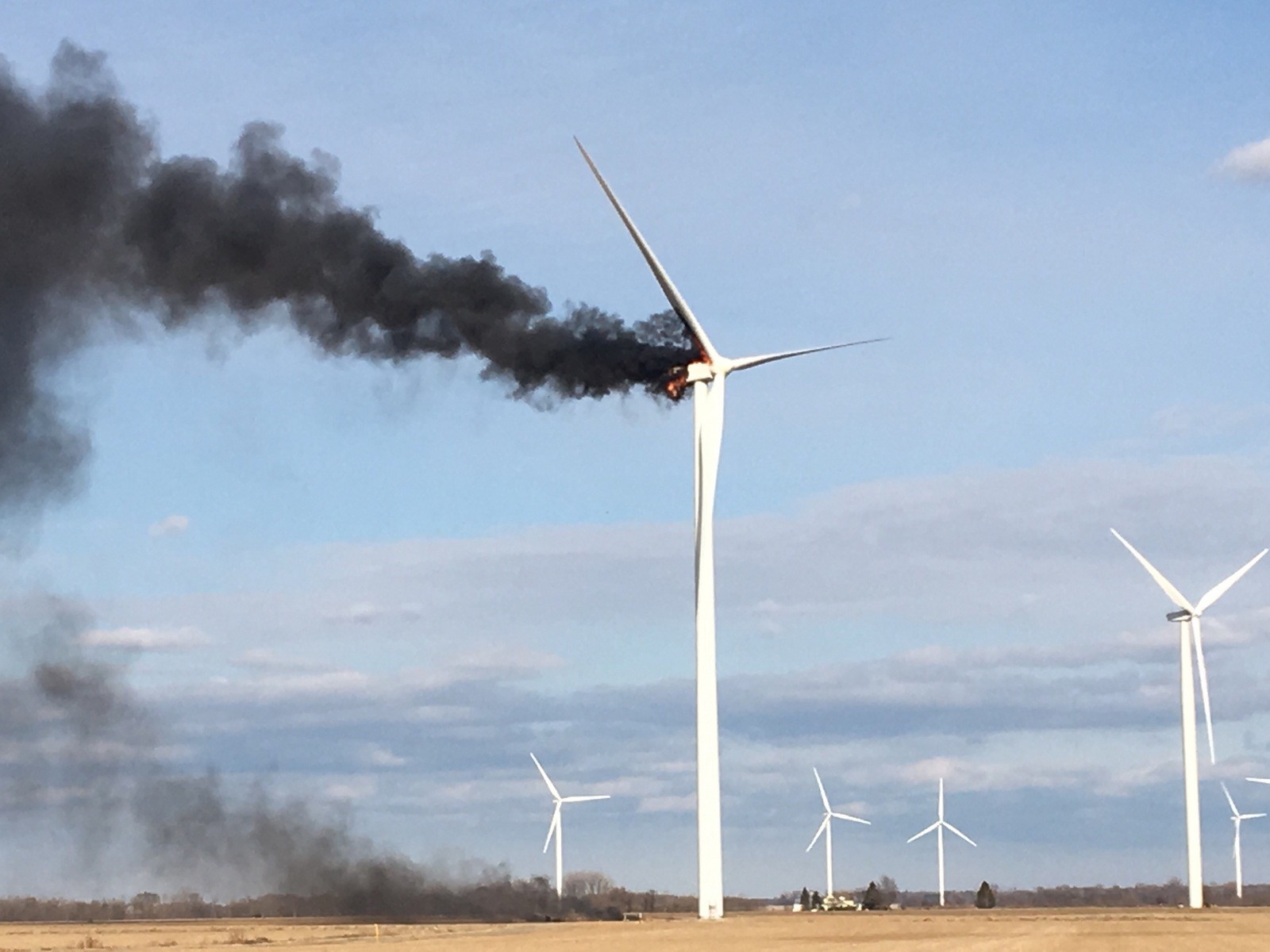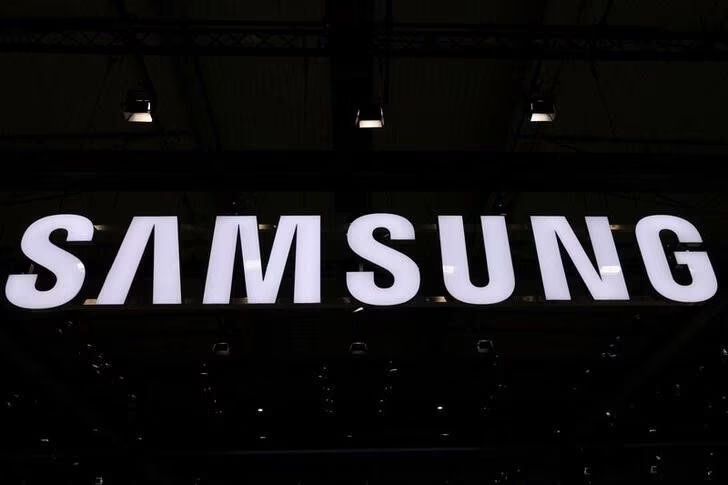By John F. Di Leo, Opinion Contributor
Just under the radar in recent months, there have been warnings.
Warnings from power companies, warnings from electric car manufacturers, warnings from local governments, and even warnings from the federal government itself.
There will be rolling blackouts.
They say it’s because of climate change – that the weather isn’t quite perfect enough for the solar panels and wind turbines they keep installing.
Or they say it’s because we haven’t moved quickly enough, so we haven’t yet installed all the solar panels and wind turbines we should have by now. After all, there are still a few square feet of farmland and condemned property in each state that haven’t yet been used for the erection of these modern monuments to fantasy science, so it’s our fault for not heeding their warnings and accelerating the process earlier.
Or some will even admit that we’ve been closing down natural gas and coal and nuclear power plants too fast – that of course it’s the right thing in the long run, but we should have waited a bit longer, and not shut down all the working power plants until the country was absolutely full of these worthless new gizmos.
Because the truth is that’s all they are.
It’s not that they aren’t producers of energy. These wind turbines and solar panels do produce energy.
The problem is that they are not net producers of energy. For various reasons, solar panels and wind turbines can never produce as much energy as it took to make them, transport them, install them, run power lines to and from them, constantly repair them and clear them of snow and debris, and eventually dismantle and dispose of them.
Never.
By contrast, oil, natural gas, coal, and nuclear power are net producers of energy, because they are all extremely efficient. Gas, coal, oil and nuclear power plants can run constantly; they’re not dependent on warm sunny days or moderately windy days. They aren’t rendered useless by rainstorms or snowstorms or ice storms or even just simple clouds. They don’t take hundreds of thousands of acres of land away from agriculture and commerce. They don’t require an overwhelming amount of raw materials and rare earth minerals and labor and transportation all gathered and processed and handled from Red China.
For a while there, the Left had a clever working model, a balance that made it all look believable. Threaten that the sky was falling, insist on adding as many wind turbines and solar panels as possible, but keep the real power plants – the ones that work – in place, doing the lion’s share of energy production, so that you can always claim there’s more to do, but without actually having to rely on these modernist mistakes.
But then they succeeded beyond their wildest dreams: they convinced politicians to order the shuttering of the plants that work. They even convinced Wall Street to invest in these wind and solar cons, and more importantly, they convinced Wall Street to stop investing in the plants that work.
Once governments start banning oil, coal, gas and nuclear, the existing ones find it more difficult to attract investors for necessary expansions, even for upkeep. It becomes more sensible to just give up the fight and allow them be shut down.
How did it get so bad, so fast? How are we at risk of rolling blackouts this year, already, when we were a net exporter of energy, arguably the world’s most energy rich nation, just three years ago?
We keep expanding the country. We keep allowing millions of illegal aliens to flood the nation every year. With more people, there’s a greater need for energy. And Joe Biden’s pen, combined with myriad termites scattered across the regulatory state, keep making it harder to provide for them.
Even as the successful production of energy diminishes, we have ever more of a need for electricity. Everyone has video games, cellphones, laptops with multiple monitors.
City, state, and even federal regulators are banning gas appliances and forcing people out of their wonderful gas ranges, ovens, water heaters, clothes dryers, and furnaces, into new electric ones that are very high users of electricity.
We’re pushing everyone into buying electric vehicles – some auto companies are even going all-electric, ceasing the development of cars that work and embracing the development of cars that won’t, because there will never be enough energy for them.
So now we get the frantic warnings: You won’t be able to charge your car. You won’t have heat or light. All because you dismantled all the power plants that actually work and replaced them with a fanciful belief in rainbows and unicorns that can never take their place.
This would almost be funny – it’s the blue states that will suffer most, after all – but there is a human price to be paid here.
When food processing plants, refrigerated food warehouses, and restaurants can’t get power, millions of dollars’ worth of food is spoiled. When it happens often enough, those businesses close, employees lose their jobs, and key food sources will disappear.
When factories can’t get power, millions of dollars of machinery go to waste, people get laid off, orders go unfilled, companies go bankrupt, and again, employees lose their jobs.
When hospitals and nursing homes can’t get power, patients will suffer, needed operations will have to be postponed or cancelled, people will die.
Is this an exaggeration? Does it sound like Chicken Little imagining a crisis?
No. It’s here. We’ve seen it already in California, in Texas, in other states that allowed the overbuilding of wind and solar and allowed their traditional power grid to be dismantled.
It’s not too late; it’s never too late. We can re-commission the shuttered plants; we can return to sane energy policy. But every year that goes by, it gets harder and more expensive. Every year that we allow this war on domestic energy to continue, we become more and more dependent on Red China for both components and finished goods, for both luxuries and necessities.
And the more dependent we are on Red China, the harder it will be for us to stand up to them when we need to.
And, we already need to.
Copyright 2023 John F. Di Leo
John F. Di Leo is a Chicagoland-based trade compliance trainer and transportation manager, writer, and actor. A one-time county chairman of the Milwaukee County Republican Party, he has been writing regularly for Illinois Review since 2009. Follow John F. Di Leo on Facebook, Twitter, Gettr or TruthSocial.
A collection of John’s Illinois Review articles about vote fraud, The Tales of Little Pavel, and his 2021 political satires about current events, Evening Soup with Basement Joe, Volumes One and Two, are available, in either paperback or eBook, only on Amazon.









